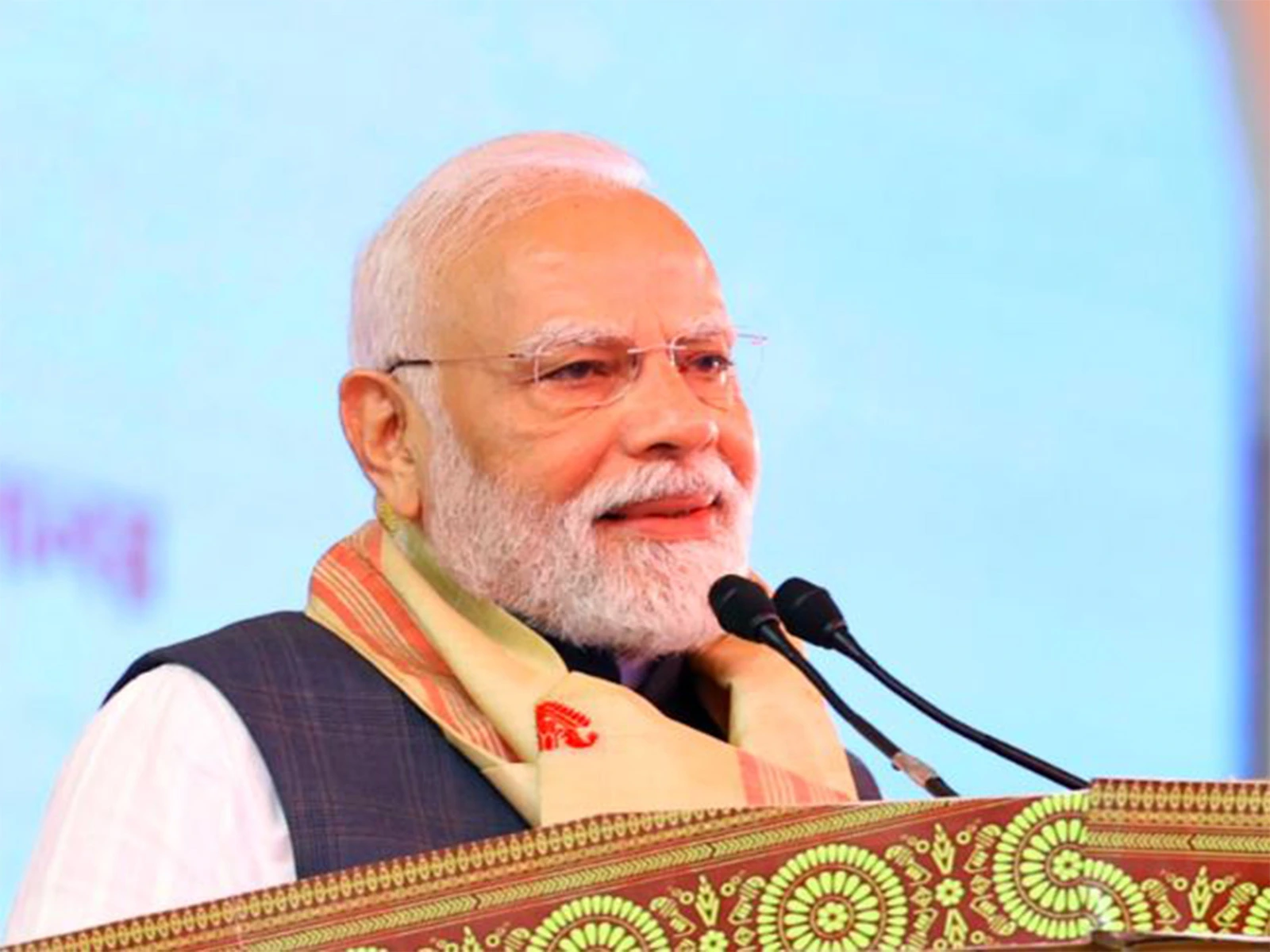23 -JUN-2025,2:00 PM In yet another incident that highlights the increasing concerns over air safety and operational disruptions, an Air India flight operating from Delhi to Thiruvananthapuram was struck by a bird mid-flight, forcing precautionary inspection and the cancellation of its return leg. No passengers were injured, but the airline has confirmed that the aircraft is grounded pending a thorough safety inspection.
The incident has once again put the spotlight on the recurring issue of bird strikes near Indian airports and the ripple effects such events can have on the broader travel network.
Air India Aircraft Struck by Bird En Route to Thiruvananthapuram
Air India : Routine Flight Disrupted by Sudden Impact
The Air India flight, designated AI481, took off from Delhi’s Indira Gandhi International Airport on schedule and was en route to Thiruvananthapuram on what was expected to be a routine journey. However, midway through the flight, the cockpit crew reported a sudden bird strike, believed to have occurred during the aircraft’s descent into Thiruvananthapuram International Airport.
According to preliminary reports, the flight landed safely despite the impact. The aircraft was then immediately directed for an engineering check to assess the extent of the damage caused by the bird strike. Eyewitnesses at the airport reported visible marks on the engine casing, although no flames or visible damage were seen from the exterior.
Air India : Return Leg Cancelled: Impact on Passengers and Schedule
Air India Prioritizes Passenger Safety
Air India announced that the return flight—AI482 from Thiruvananthapuram to Delhi—was cancelled due to mandatory aircraft inspections. The airline released an official statement expressing regret for the inconvenience caused but emphasized that safety remained its top priority.
“After a suspected bird strike on the inbound AI481 flight, the aircraft has been grounded for inspection. The return flight AI482 stands cancelled. We apologize to all affected passengers and are arranging alternate options,” the statement read.
Passengers scheduled on the return flight were offered accommodation, refunds, or rebooking on alternate flights depending on their preferences. Several travelers took to social media expressing frustration over delays, but also acknowledged the airline’s responsible handling of the situation.
Bird Strikes: A Persistent Threat to Indian Aviation
Air India Among Several Airlines Affected in Recent Months
Bird strikes are a growing concern for airlines operating in India. According to DGCA (Directorate General of Civil Aviation) data, India witnesses over 1,500 bird strike incidents annually, with Air India accounting for a significant number due to its large operational network.
Experts suggest that urban expansion near airports, open garbage dumps, and lack of adequate bird control measures in certain areas contribute to the high frequency of such incidents. In recent months, IndiGo, Vistara, and SpiceJet have also reported similar events leading to delayed or cancelled flights.
Captain Rakesh Sharma, a senior pilot and aviation safety consultant, remarked:
“While bird strikes cannot be entirely prevented, mitigation strategies such as enhanced radar surveillance, frequent runway cleaning, and better waste management near airports can reduce their occurrence.”
Air India’s Safety Protocols and Response Mechanism
Fast, Transparent Communication and Passenger Assistance
One positive takeaway from the incident was Air India’s prompt communication and quick response in managing passenger concerns. The airline’s ground crew in Thiruvananthapuram was quick to assist stranded travelers with rebooking services and refreshments, minimizing further inconvenience.
Air India is also reportedly working on adopting AI-based bird monitoring systems at high-risk airports. These systems can predict bird movement and issue timely alerts to air traffic controllers and pilots.
In addition, the airline has initiated training sessions for flight and ground staff on how to react quickly and safely in the event of a bird strike—emphasizing immediate assessment, risk evaluation, and decision-making under pressure.
Operational and Financial Impacts of Bird Strikes on Airlines
Delays, Cancellations, and Aircraft Maintenance Costs
Every bird strike incident, such as this one involving Air India, results in direct and indirect costs. These include:
-
Aircraft downtime for inspection and repair
-
Loss of revenue due to cancelled or delayed flights
-
Passenger compensation and rebooking
-
Maintenance costs and potential engine repairs
While not all bird strikes cause visible damage, even minor incidents often require engine borescope inspections, delaying the aircraft’s return to service for hours or even days.
Industry estimates suggest that airlines in India lose over ₹500 crore ($60 million) annually due to disruptions caused by bird strikes.
Government’s Role in Addressing Aviation Hazards
DGCA and AAI Collaborate to Mitigate Risk
India’s aviation watchdog DGCA, along with the Airports Authority of India (AAI), has issued fresh guidelines to minimize the risk of wildlife hazards. These include:
-
Regular bird hazard assessments at all major airports
-
Installation of bird scaring devices and loudspeakers
-
Increased runway patrolling and waste disposal management
-
Collaboration with local municipalities to manage garbage dumps near airports
Following the latest Air India incident, the DGCA is expected to conduct a review of bird strike reports from the past quarter to identify high-risk zones.
Passenger Reaction: Inconvenience vs Understanding
Social Media Buzz Around Air India’s Handling of the Incident
While some passengers expressed disappointment due to missed connections and delays, most responses online highlighted the importance of safety over schedule.
A passenger named Priya Verma, who was on the affected flight, tweeted:
“Yes, my return flight was cancelled, but I’d rather be safe than sorry. Kudos to the Air India crew for their professionalism!”
Such sentiments underscore growing public awareness about the unpredictable nature of air travel and the vital importance of following standard safety procedures.
Conclusion: Safety First, Always – A Lesson from Air India’s Experience
The bird strike incident involving Air India’s Delhi–Thiruvananthapuram flight serves as a timely reminder of the challenges airlines face in maintaining both safety and efficiency. With rising air traffic and increasing environmental threats, aviation stakeholders—airlines, airport authorities, and government regulators—must work in unison to minimize such risks.
Air India’s quick response, transparent communication, and passenger-focused crisis management reflect a commendable approach that prioritizes human lives above all.
As investigations and safety assessments continue, the hope remains that more proactive solutions will emerge to keep Indian skies safe and disruption-free.
Source : ANI




